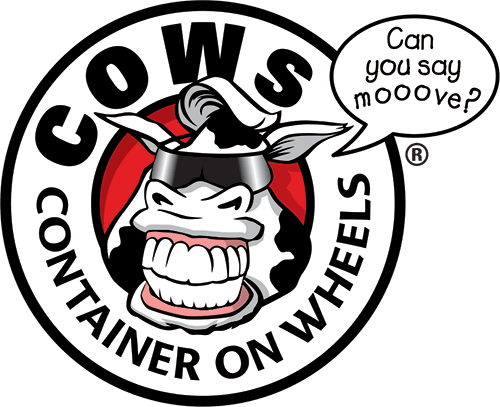Did you know that roughly 85% of movers stay within the same state, while 15% move to a new city? A lot of people are worried about moving long distances since they are afraid that their belongings may not survive the trip in one piece. The greater distance, the higher the risk of damage. Luckily, there are ways to minimize the risk starting from the storage solutions to the destinations. This article has some of the best dos and don'ts that will make your transition easy.
Dos
- Make a plan as soon as you know you're moving. You need to decide whether you will hire a professional moving company or you will do it yourself. Make sure you have a lot of packaging and moving supplies. This is where professional movers are extremely beneficial.
- Pack light. Bulk items are more likely to cause damage. Avoid filling up your boxes and making them heavy. You can use clear plastic storage bins because you will be able to see what is in everything. Be careful when packing anything fragile by using bubble wrap, newspaper, or even towels. Same with a bed frame, dining table, and other furniture.
- Hire professional movers. Enquire for information such as fees, insurance, and their values when moving someone across the country. This will help you hire the most reputable and trustworthy moving company. Get a budget and make sure you include all of your moving costs. Keep a record of all moving expenses and store them safely.
- Label your boxes. While moving long distances, it is very common for your boxes to be put in a moving truck with boxes that belong to other people. Make sure you clearly label your boxes with your name to avoid your belongings getting mixed up or dropped off at the wrong location. You can also include your phone number in case the box is dropped at the wrong house.
Don'ts
- If you have people helping you pack, you can't expect them to know what you want to keep and what you have to throw away or donate.
- Overload moving boxes. Plan your packing well and ensure that all the boxes are of relatively the same weight. Mix heavier and lighter items in each box to make it easy to move from one point to the other.
- Avoid speeding or unsafe driving, especially in poor weather. When driving a moving truck or van you are unfamiliar with, be more cautious since you will tow extra weight.
- If you are contacting a moving company, it is because you realize someone might have more expertise than you. Listen to the advice that a moving company is willing to give. Don't assume that you know more than them.
- Perishable food items are not allowed when moving distances since food could attract rats and pests that can cause damage to your property. Hazardous items that are considered explosive, flammable, or corrosive are also not allowed.
This information will help to increase your general awareness of long-haul moving dos and don'ts. Contact us for more information about storage solutions.
